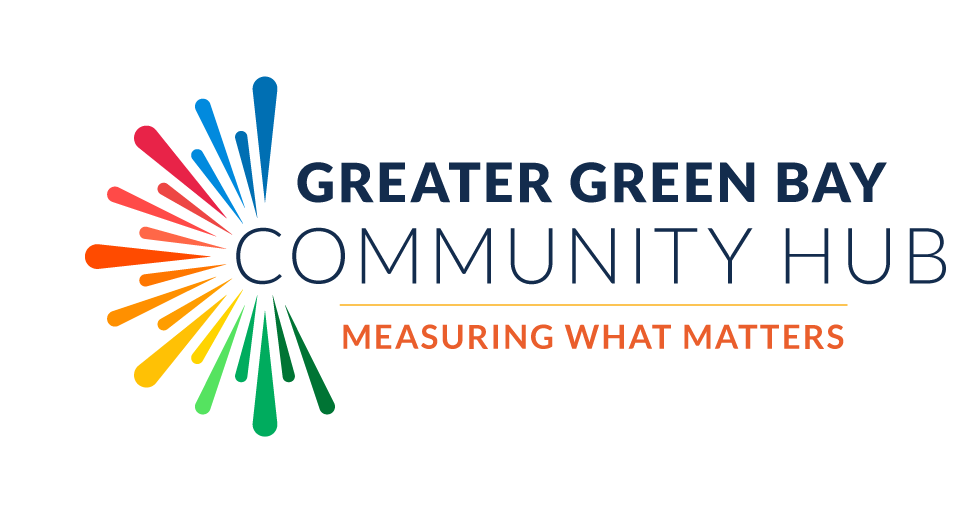Promising Practices
The Promising Practices database informs professionals and community members about documented approaches to improving community health and quality of life.
The ultimate goal is to support the systematic adoption, implementation, and evaluation of successful programs, practices, and policy changes. The database provides carefully reviewed, documented, and ranked practices that range from good ideas to evidence-based practices.
Learn more about the ranking methodology.
Filed under Good Idea, Health / Older Adults, Adults, Older Adults, Urban
Goal: Shepherd's Center Central is a local leader in the regional effort to ensure that all people can age successfully with dignity, security, and respect.
Impact: In 2016, Adventures in Learning experienced attendance of 80 members per week and offered a total of 520 classes during the four 10-week sessions available.
Filed under Good Idea, Health / Mental Health & Mental Disorders, Children, Women, Urban
Goal: The mission of Sheffield Place is "to empower homeless mothers and their children to heal from their trauma and help them become self-sufficient." The goal of the Aftercare program is to provide continuing supportive services once the families have transitioned from the residential program to permanent housing in the community. In this way, the families receive the support they need to maintain or increase income, maintain or improve mental health functioning, and maintain permanent housing.
Impact: This program provides vital supportive services for formerly-homeless families in recovery. Sheffield Place grew from serving just 20 families in 2010 to serving 132 families in 2017 (102 in residential and 30 in aftercare).
Filed under Good Idea, Environmental Health / Air
Goal: The goal of the partnership is to offer the public a comprehensive air quality resource while promoting a consistent regional air quality message.
Filed under Evidence-Based Practice, Health / Children's Health, Children
Goal: The goal of the Al's Pals program is to teach children how to practice positive ways to express feelings, relate to others, communicate, brainstorm ideas, solve problems, and differentiate between safe and unsafe substances and situations.
Impact: Studies have shown that the program resulted in higher degrees of positive change in the intervention groups, increases in prosocial behaviors and positive coping behaviors, and decreases in antisocial and negative coping behaviors.
Filed under Good Idea, Health / Cancer
Goal: The American Brain Tumor Association exists to eliminate brain tumors through research and to meet the needs of brain tumor patients and their families.
Filed under Good Idea, Community / Civic Engagement, Children, Urban
Goal: The overall goals of Kid2Kid are to: enable children to become responsible, caring world citizens by assisting them to develop compassion and empathy for other children around the world; increase students' global awareness and cultural understanding, while strengthening social studies and geography content knowledge; provide support, acknowledgement, encouragement and hope for traumatized children worldwide; encourage peace in the world, promote non-violence, and initiate pro-social behavior, among all children worldwide; facilitate an on-line culture learning process, whereby participating Kid2Kid children will learn about themselves and others around the world on a deep, meaningful level; and encourage and improve Kid2Kid children's artistic and communicative skills as well as provide an outlet for emotional expression.
Filed under Evidence-Based Practice, Health / Alcohol & Drug Use, Teens
Goal: A.S.P.I.R.E aims to reduce teen tobacco use by helping current smokers to quit and preventing non-smokers from beginning to smoke.
Filed under Good Idea, Economy / Employment, Adults
Goal: Aspiritech's mission is to provide a path for high-functioning individuals on the autism spectrum to realize their potential through meaningful employment.
Filed under Evidence-Based Practice, Health / Alcohol & Drug Use, Children, Teens, Urban
Goal: ASSIST aims to develop a diverse group consisting of young people that will then influence their peers to defy the idea of smoking thus reducing the number of adolescent smokers and reducing its health effects.
Impact: A peer-led intervention reduced smoking among adolescents at a modest cost: the ASSIST program cost of £32 ($42 USD) (95% CI = £29.70–£33.80) per student. The incremental cost per student not smoking at 2 years was £1,500 ($1984 USD) (95% CI = £669–£9,947).
Filed under Evidence-Based Practice, Health / Respiratory Diseases, Children, Families, Urban
Goal: The goal of the program was to provide a multi-layered asthma management program for parents, children, and staff of early childhood centers.
Impact: The ABC program demonstrates that a multi-layered approach can improve asthma outcomes among preschoolers with a combination of parent and provider education having the greatest impact.
